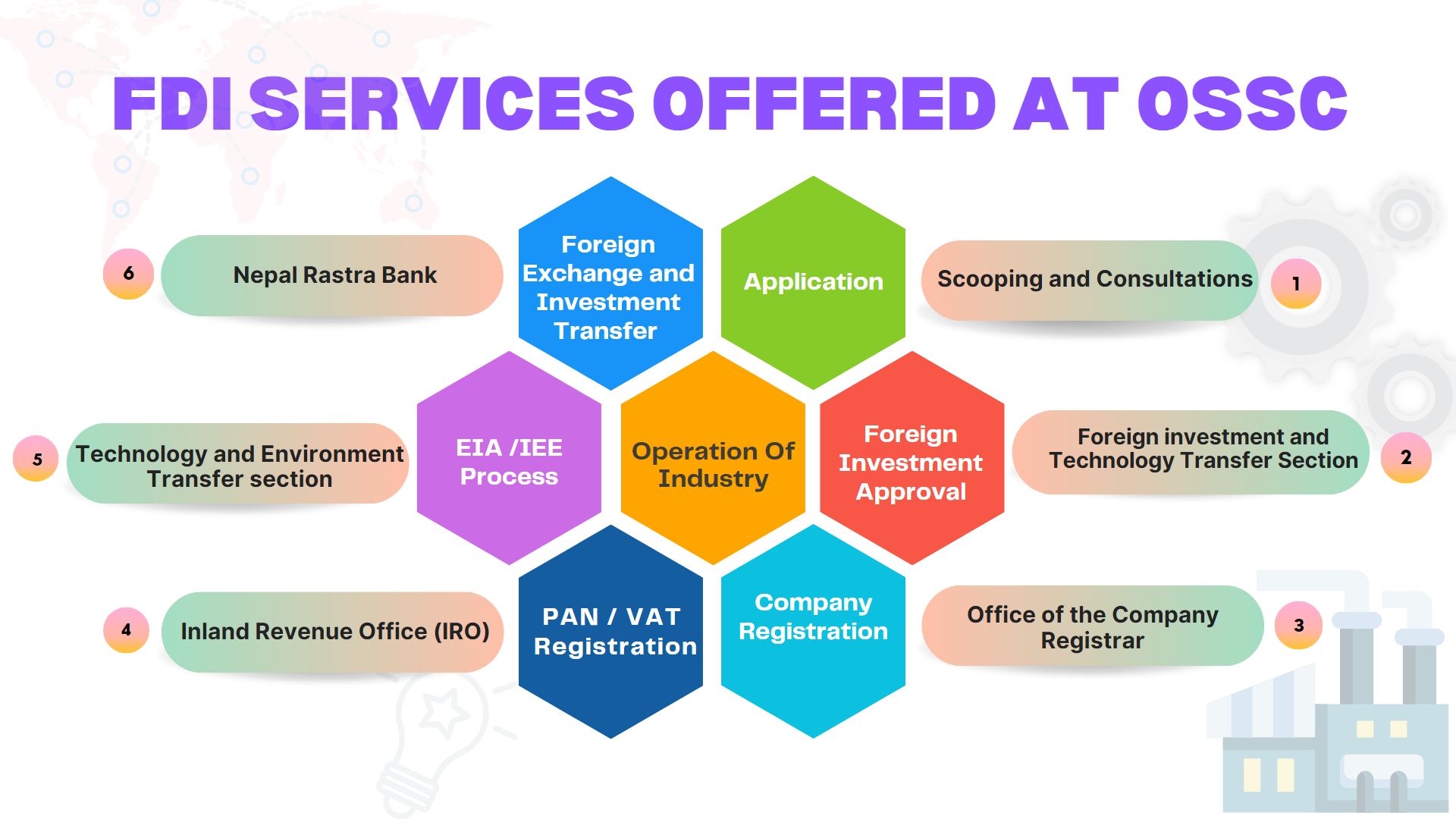
There are several reasons why investing in Nepal is a win-win for both Nepal and private investors, including foreign investors. Nepal is keen to welcome private investment, including Foreign Direct Investment (FDI) to drive economic growth as it prepares to graduate to a middle-income country in 2026. Other reasons for investing in Nepal are:
- Large number of investible projects in green energy, tourism, agribusiness, and Information Technology.
- Two dedicated Government agencies to facilitate investments.
- Investor-friendly policies and laws: Eight laws were amended in April 2024.
Market Access
- Duty free, quota free access to EU markets under the “Everything but Arms” scheme until three years after graduation.
- Government is planning to meet GSP+ requirements to continue to benefit from market access after graduation.
- Large neighbourhood markets and special treaties and agreements with India and China, two of the world’s largest markets.
Production environment
- Growing domestic production of clean energy – hydro and solar for green production.
- A large educated, English speaking young workforce.
- Bilateral investment protection treaties with six countries and double taxation avoidance treaties with 11 countries.
- Income-tax concessions and waivers for agreed periods for industries of different categories and established in different parts of the country.
Resource availability
- Large potential for generating hydroelectricity and solar energy.
- Over 40% of land under forests, is also a source of high-value medicinal and aromatic plants.
- Diverse microclimates conducive for cultivating high-value agriculture and medicinal crops.
Institutional arrangement:
Nepal has a clear investment framework to facilitate investment. There are two agencies dedicated for facilitating investments, including FDI. The Department of Industry, under the Ministry of Industry, Commerce and Supplies, is responsible for approving investments up to NPR 6 billion, while the Investment Board Nepal (IBN), chaired by the Prime Minister, is responsible for investments above this amount.Policy and legal environment
Nepal has a clear investment framework to facilitate investment. There are two agencies dedicated for facilitating investments, including FDI. The Department of Industry, under the Ministry of Industry, Commerce and Supplies, is responsible for approving investments up to NPR 6 billion, while the Investment Board Nepal (IBN), chaired by the Prime Minister, is responsible for investments above this amount.(Note: English texts of most laws and regulations related to trade, investment, and business can be downloaded from https://lawcommission.gov.np/en/ )
By enacting policies and laws that facilitate foreign investment and providing incentives and a hassle-free business environment, Nepal is well-positioned to become a hub for production and trade in the region.
Nepal welcome investment in a wide range of sectors:
Nepal allows various categories of FDI, including Greenfield and brownfield investments, and provides incentives such as tax and non-tax concessions to specific industries and sectors. The country has also signed bilateral investment agreements and double taxation avoidance treaties with several countries, demonstrating its commitment to creating a favourable investment environment. FDI is permitted in Nepal for both Greenfield and brownfield projects, subject to the necessary approvals required for new industries. The following categories of FDI are allowed in Nepal:

Note: Most of these services can now be availed from the OSSC at DOI through online application system: imis.doing.gov.np




